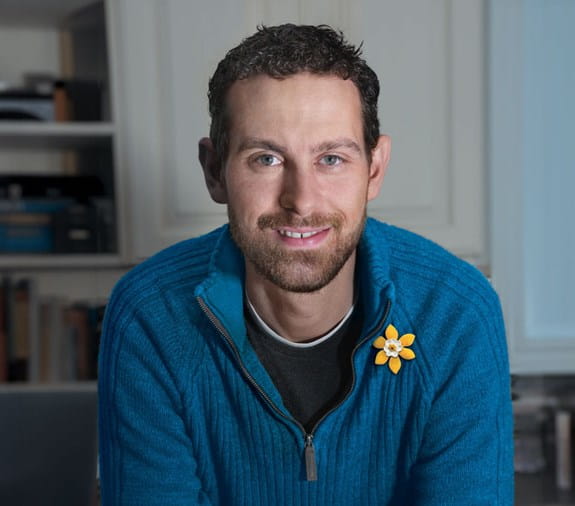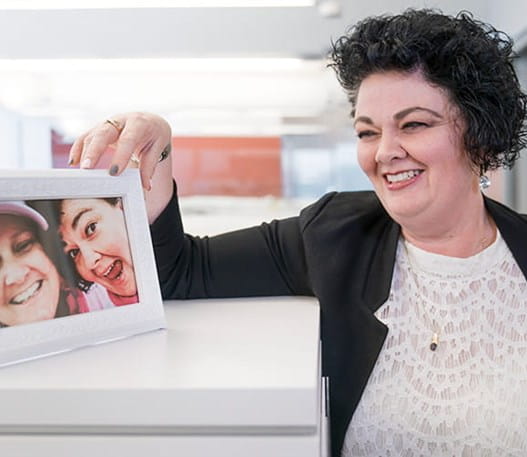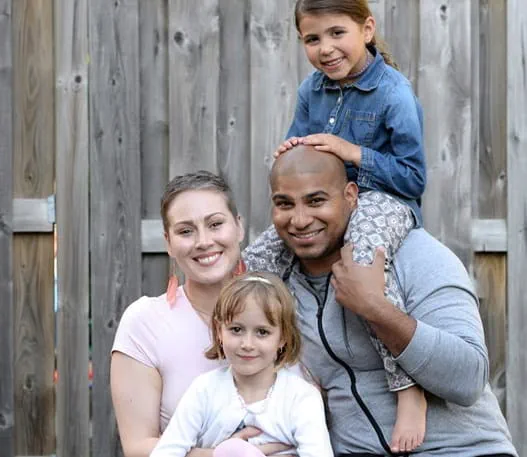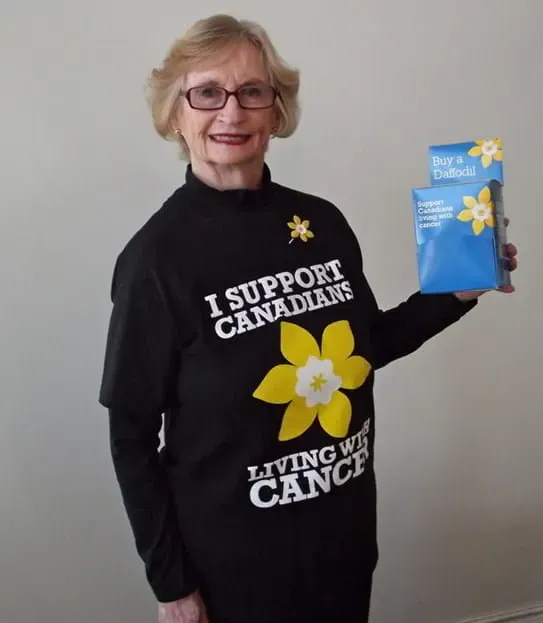Home

Until April 30, your donation will be matched* for twice the impact 
Cancer types
Learn about the risks, signs and symptoms, diagnosis, outlook and treatments for a wide range of cancers.
Our services
Ways to give

In honour

In memory

Become a monthly donor
About us




Funding life-changing research

Educating about prevention

Advocating for all Canadians

Your impact

*Undesignated donations matched up to a total of $170,000. Monthly research donations above $25 per month will be matched for an entire year, up to a total of $200,000.
Matching donations come from corporate, institutional and individual donors who agree to match donations to specific programs, in order to inspire others to give. Donors may also require CCS to raise matching funds as a condition of their support. In both cases, these matches allow for an even greater impact. For more information about matching, and our partners, please visit cancer.ca/matching. Your donation will support cancer research and compassionate support programs. In the event the donations raised exceed the total funding need, CCS will redirect funds to where needed the most.







